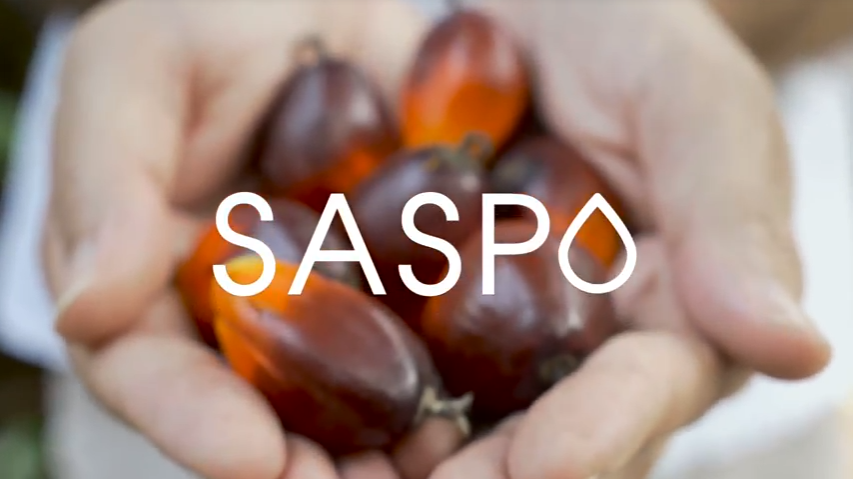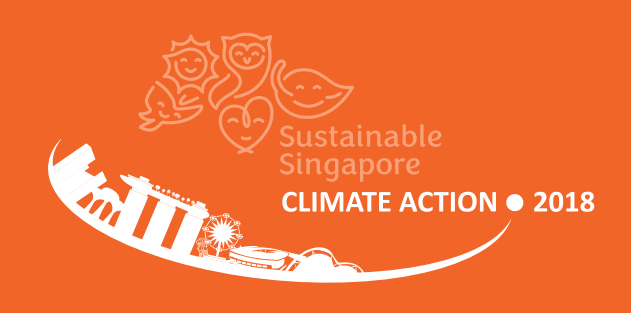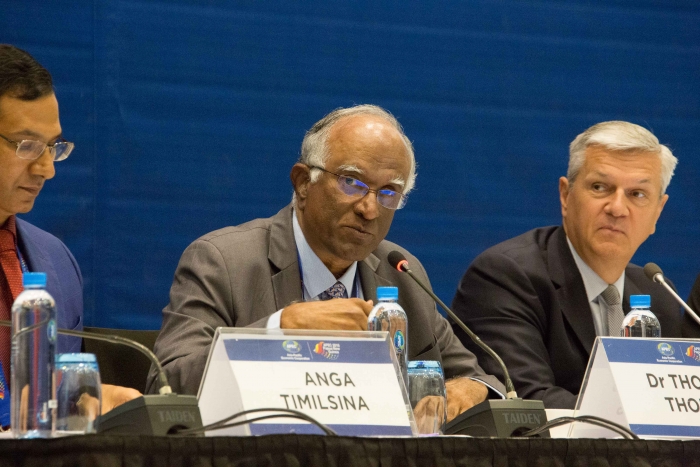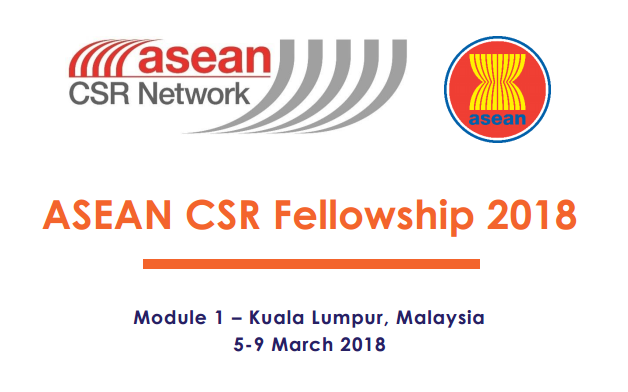ASEAN CSR Network: February 2018 Newsletter
www.asean-csr-network.org | View the newsletter online |
|||

Promoting and enabling
|
|||
ISSUE: February 2018
|
|||
|
|||
The Southeast Asia Alliance on Sustainable Palm Oil (SASPO) welcomed ten (10) new companies to its roster, bringing the total number of members to 15. Fraser and Neave
Crystal Jade
Bee Cheng Hiang
Commonwealth Capital
Compass Group
Paradise Group
Tong Seng Produce
Tung Lok Group
Super Group
Delfi Limited
They join SASPO's the five (5) companies that formed the alliance: Unilever, Danone, Ayam Brand, IKEA and Wildlife Reserves Singapore. The ASEAN CSR Network is a founding member. Learn more about SASPO here. |
|||
THE LATEST @ ACN |
|||
|
|||
Shift's President Caroline Rees speaking on the value of doing business with respect for human rights, at the opening of the Nasdaq stock exchange (New York, 29 January 2018)
Read more here. |
|||
|
|||
Read the pledges here. |
|||
|
|||
ENGAGEMENTS |
|||
Learn more about the Working Group here. |
|||
ACN also made significant contributions to the:
|
|||
UP NEXT @ ACN |
|||
|
|||
NETWORK NEWS |
|||

The Indonesian National Work Competency Standards (SKKNI) for the Certified Integrity Officer (CeIO) profession was recently launched. Pursuant to the Supreme Court Regulation No. 13 of 2016 on corporate crime liability, the standard is a prerequisite for private sector practitioners to strengthen business integrity. Indonesia Business Links (IBL) is one of the formulators, alongside KPK, KADIN and other businesses and NGOs.
Read more from IBL here.
 In an effort to rebuild Marawi--a warn-torn city in the Southern Philippines left in ruins after a terrorist seige--the local government and Ayala Corporation (a member of LCF) inaugurated the Siyapen Center in January 2018. Originally developed for the holistic drug rehabilitation, the Center will now also serve as a hub for economic activity for Marawi residents, providing livelihood opportunities for those in need of short-term employment. This partnership is a strong contribution to the city's post-conflict rebuilding efforts.
Read more from LCF here.
|
|||
PARTNER EVENTS |
|||
2 March 2018
6th ASEAN-EU Business Summit Singapore 26-27 March 2018 Sweden's Annual Regional Workshop Thailand 17-18 March 2018 Sustainability Professional Programme Singapore |
|||
ASEAN NEWS |
|||
ASEAN prepares to create a master plan to mainstream rights of persons with disabilities (PWDs). The discussion was centered on addressing the challenges faced by PWDs, as well as empowering them and ensuring an enabling environment to achieve a more inclusive society. These efforts will include employment policy that can better accommodate PWDs. Read more from ASEAN here. In an effort to boost tourism, ASEAN will focus on food and sustainability. As agreed upon at the 37th Asean Tourism Forum (ATF) in Chiang Mai, Thailang, the tourism standards across ASEAN will focus on developing efficient processes, responsible business, capacity building, destination management and effects on local communities and the environment. Read more from Asian Correspondent here.
Read more from Eco-Business here. The Singapore government will charge major emitters S$5 per tonne of greenhouse gas emissions starting 2019. This is lower than the former announcement of S$10-20 in order to allow the industry to adjust and comply. However, this comes with the intention of increasing the figure to S$10-15 in 2030, pending review in 2023. Read more from Channel News Asia here. A recent study shows that many Thai fishing operators who trap workers on board ships and withhold wages do not consider their practices as modern slavery. While many of them understand that human trafficking and forced labor is wrong, they still perceive withholding documents or forcing them to pay off debts are acceptable. Read more from Eco-Business here. |
|||
GLOBAL NEWS |
|||
The Australian Human Rights Commission is planning efforts to incorporate human rights into new technological innovation. As a move to address technology-related challenges such as invasion of privacy, the AHRC hopes to implement projects that seek to protect and prioritize human rights in the face of new and emerging technology advancement. Read more from iTnews here. UEFA, Europe's football authority, and the European Commission have agreed to commit to sustainability in football. This signifies their cooperation on issues around sustainable practices, fair competition, good governance and integrity. Stipulated in the agreement is the mutual commitment to follow "best practices in areas of recycling, eco-innovation and waste-management," as a move to bridge the sport and sustainability.
Read more from Straits Times here. |
|||
FEATURES |
|||
By CB Bhattacharya, H.J. Zoffer Chair of Sustainability and Ethics, University of Pittsburgh’s Katz Graduate School of Business
From New York Times: Can the Games Be Green? By the Climate Fwd newsletter From Innovation Forum: Finally funds for innovation to tackle modern slavery By the IT editorial team
|
|||
|
Participating Organisations
Indonesia - Indonesia Business Links Malaysia - International Chamber of Commerce - Malaysia
Philippines - League of Corporate Foundations
Singapore - Global Compact Network Singapore
ASEAN - ASEAN Foundation
Vietnam - Vietnam Chamber of Commerce and Industry
Myanmar - Union of Myanmar Federation of Chambers of Commerce and Industry
If your country does not have a Participating Organisation formalised as a convenor yet, you may contact the Secretariat of the ASEAN CSR Network directly. ASEAN CSR Network is a company limited by guarantee in Singapore, with charity status as an International Charitable Organisation (ICO) and is an ASEAN accredited Entity. Our mailing address is: ASEAN CSR Network 10 Hoe Chiang Road, #08-03 Keppel Towers Singapore 089315 info@asean-csr-network.org Copyright © 2017, ASEAN CSR Network, All rights reserved. Want to change how you receive these emails? You can update your preference or unsubscribe from this list |
|||





